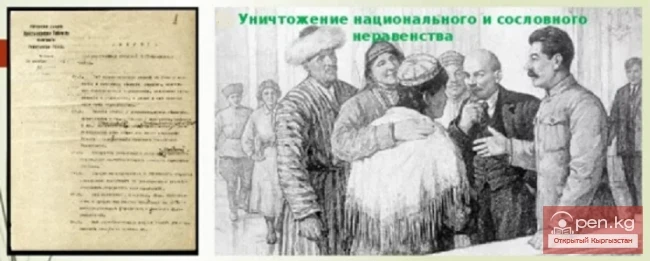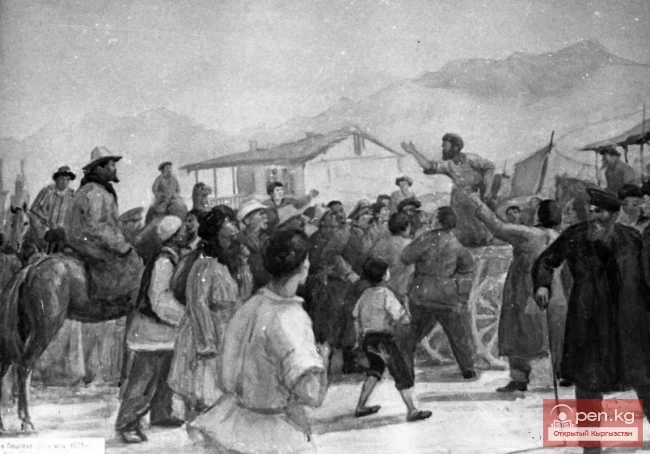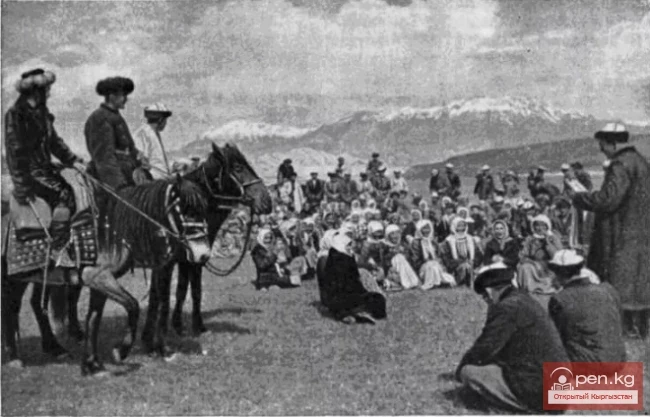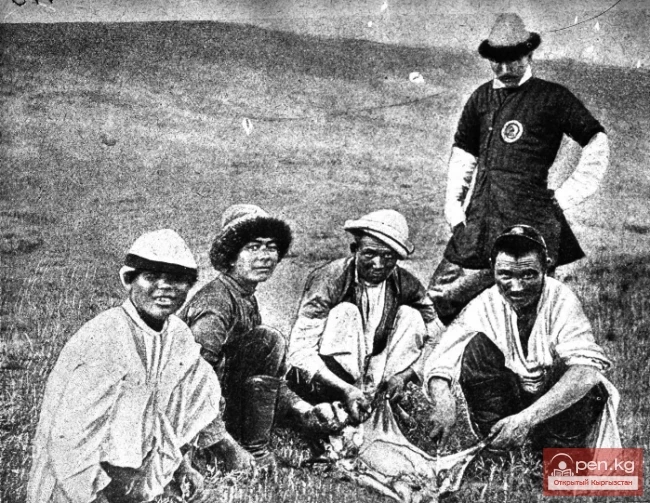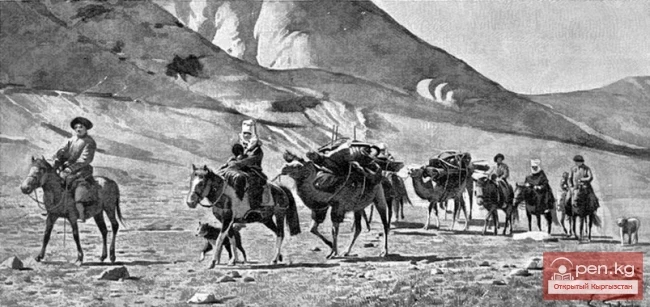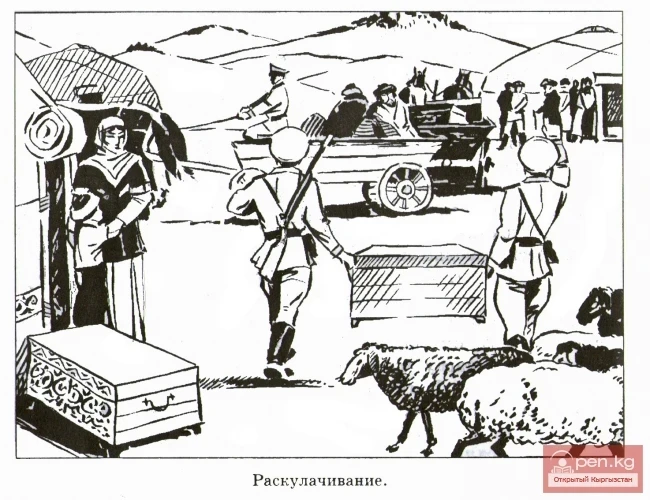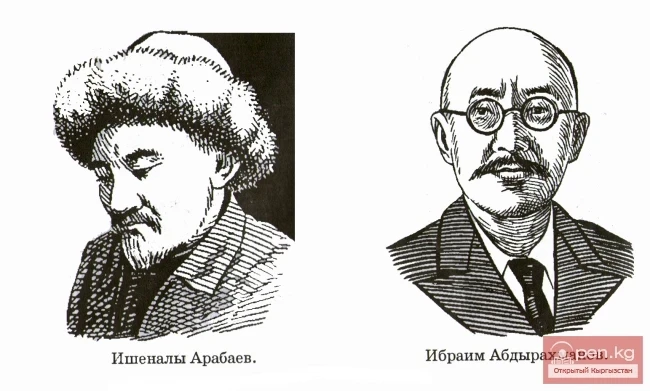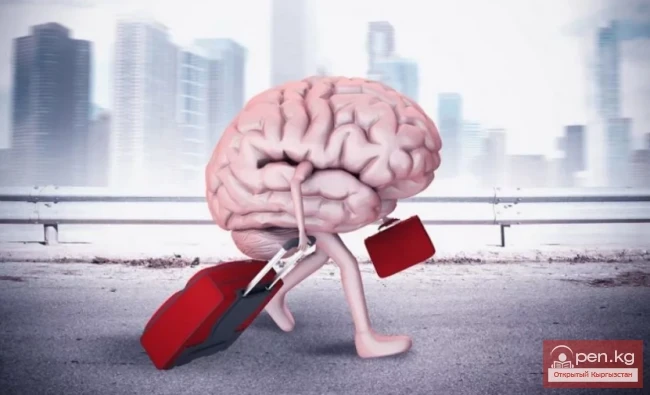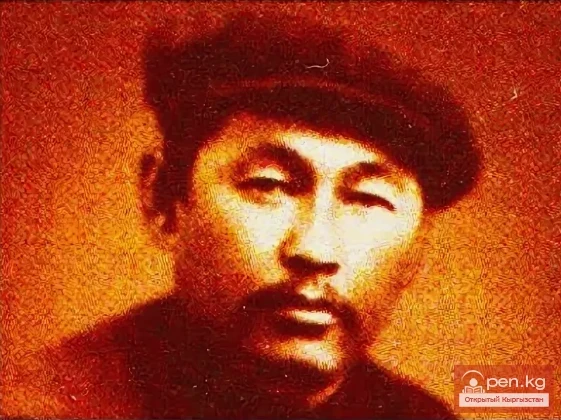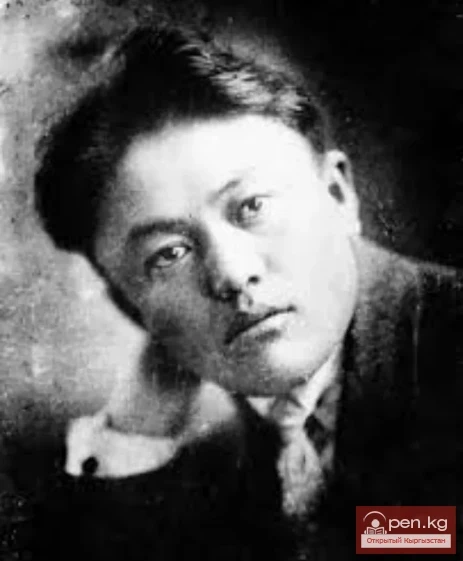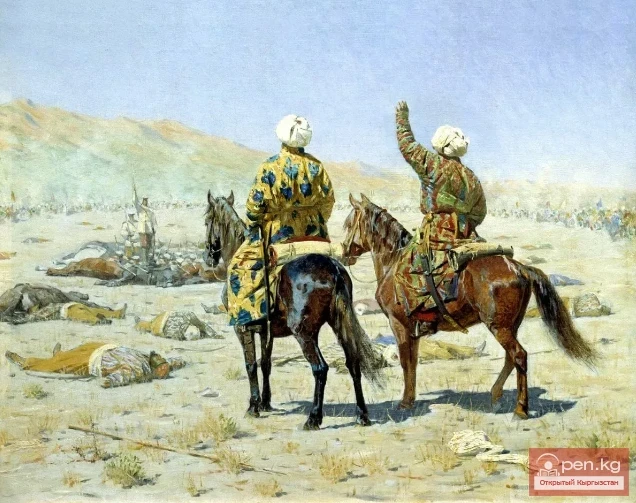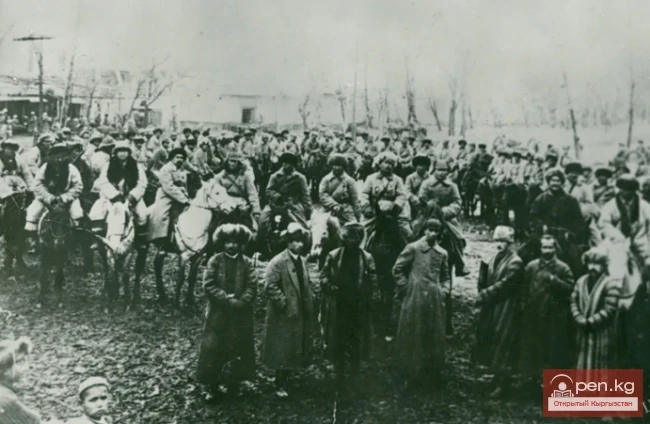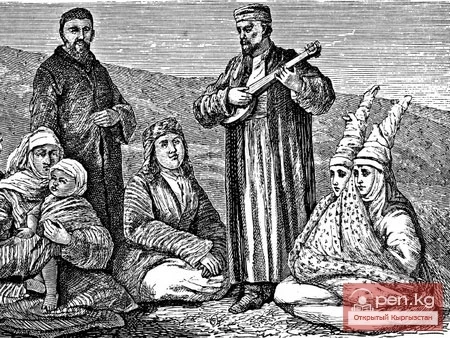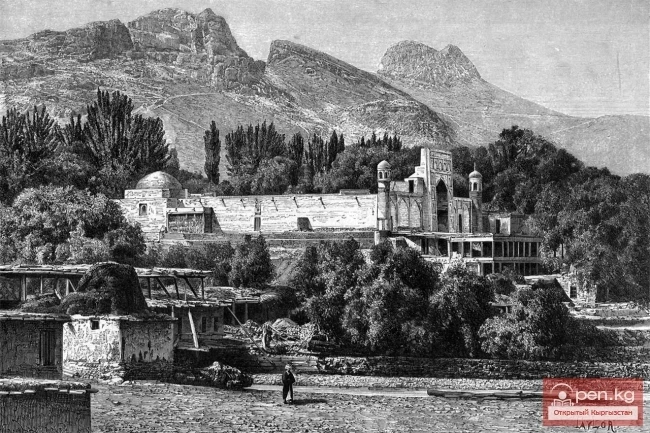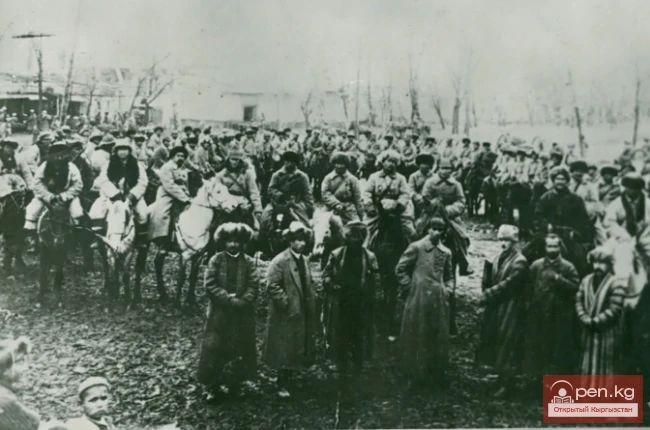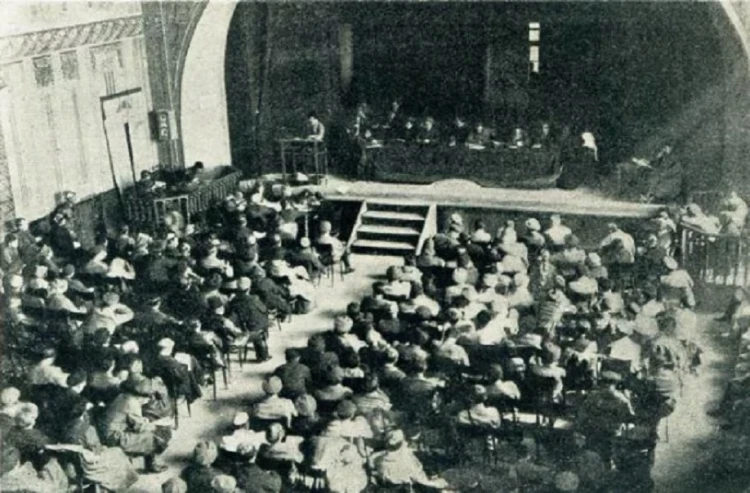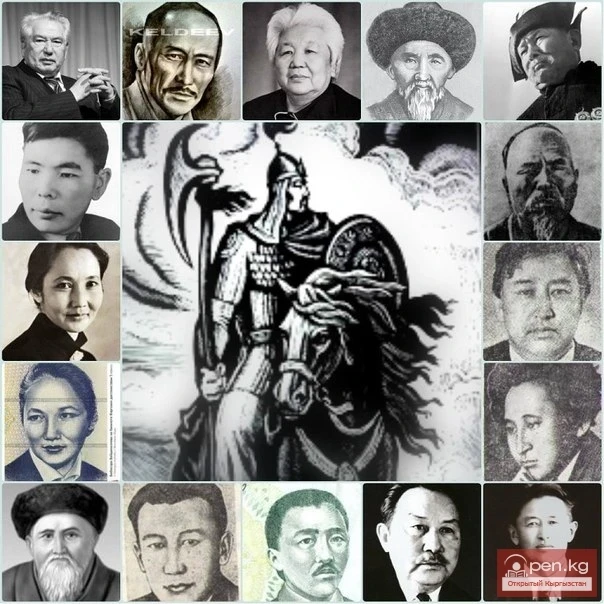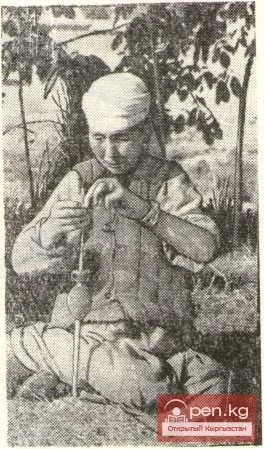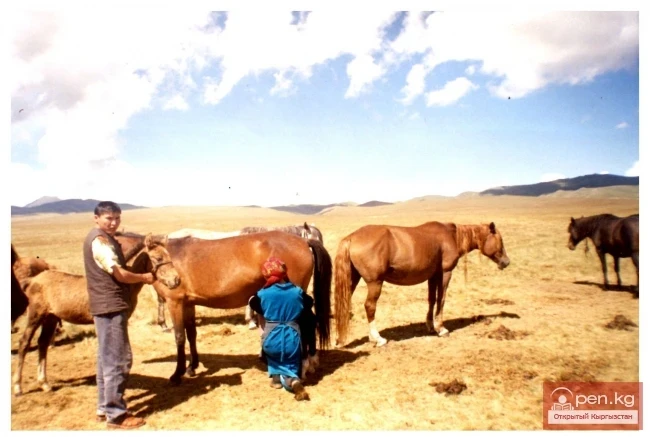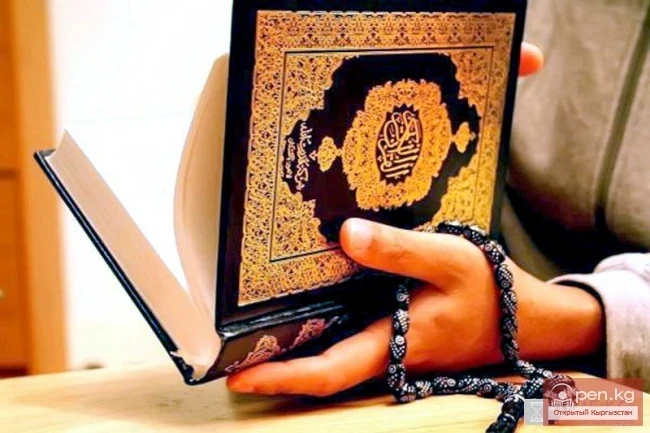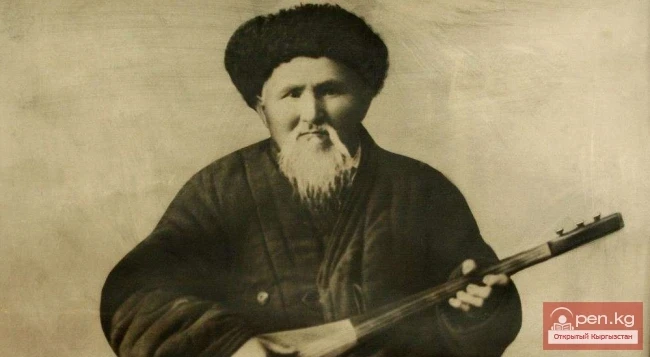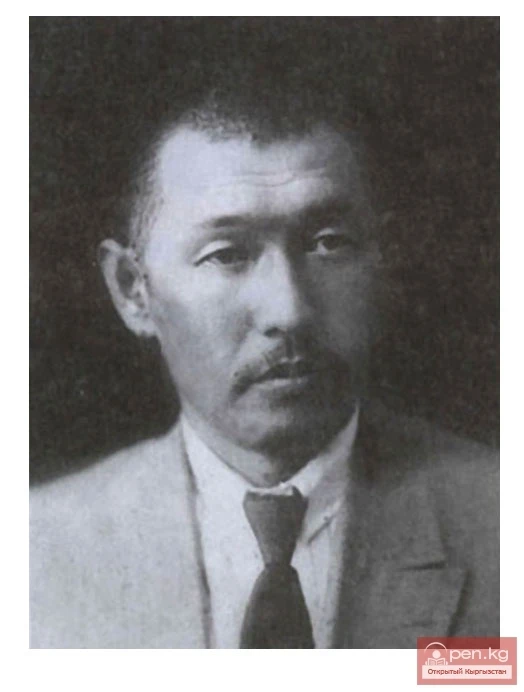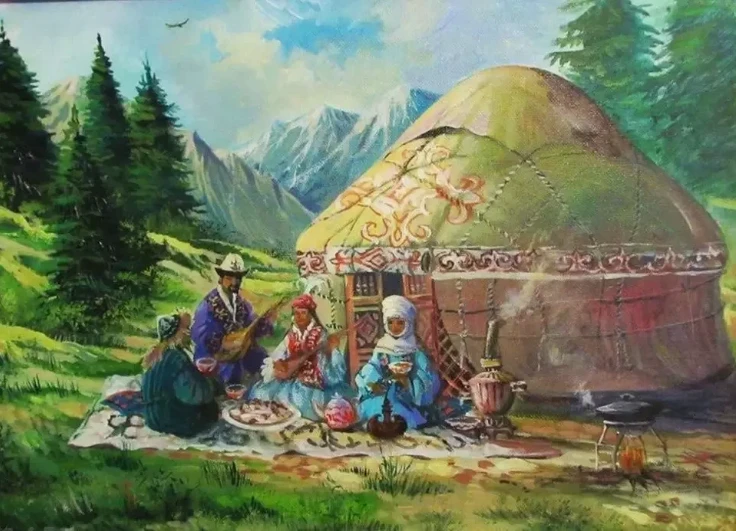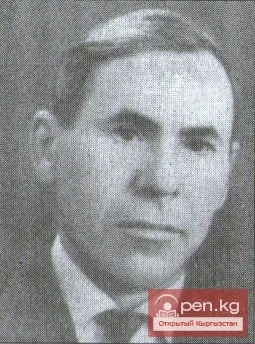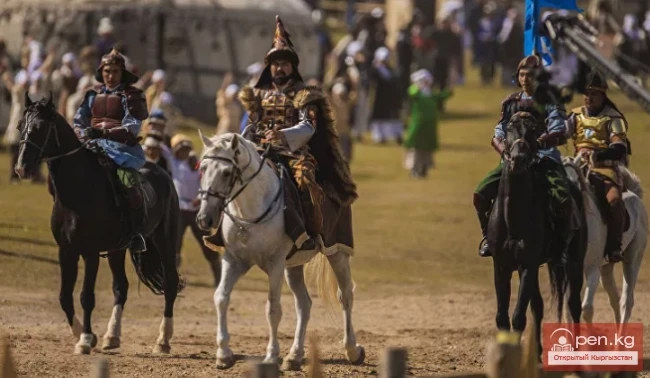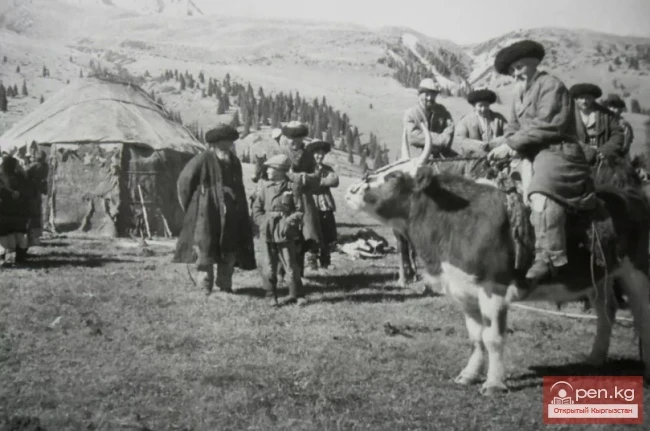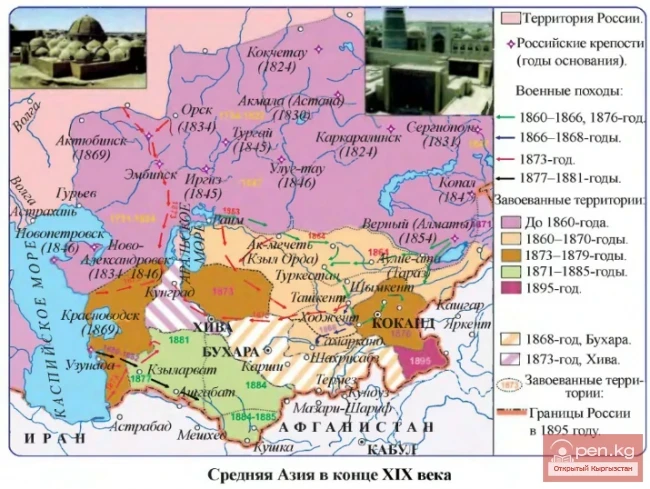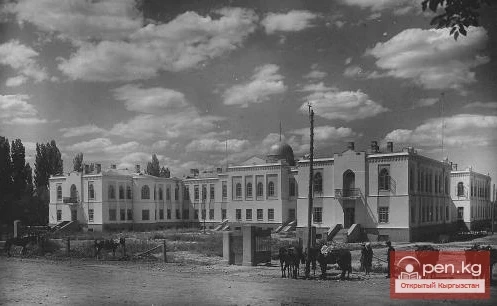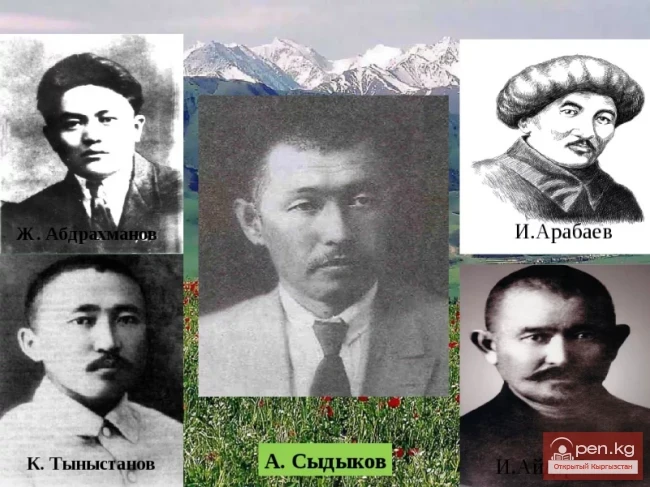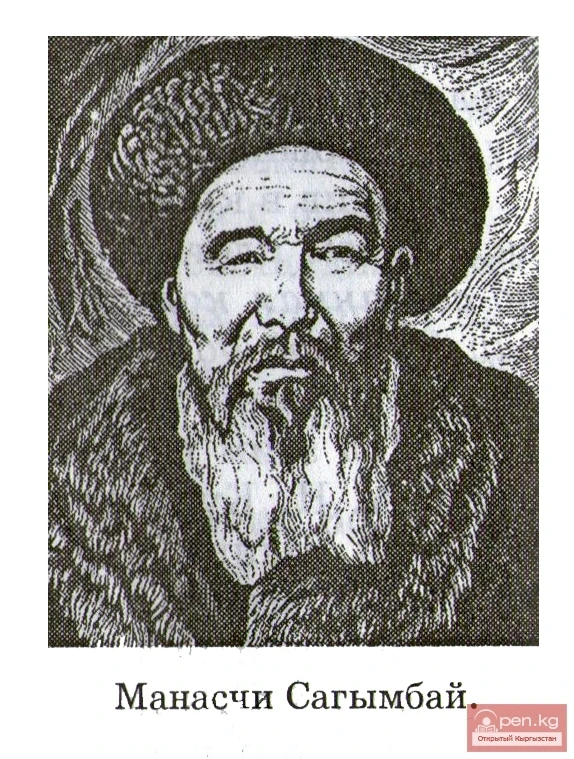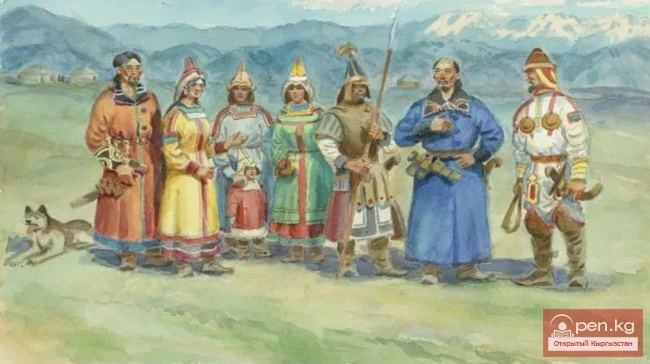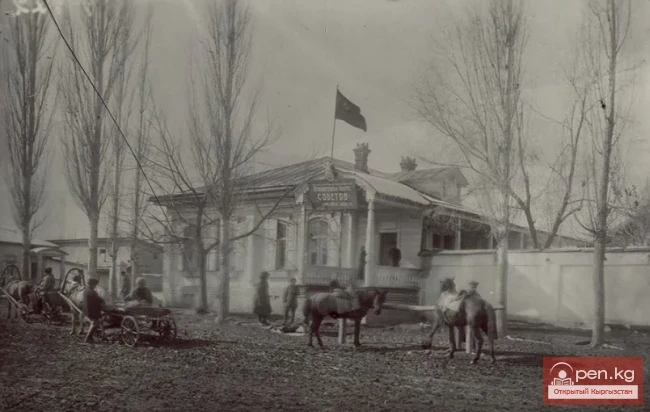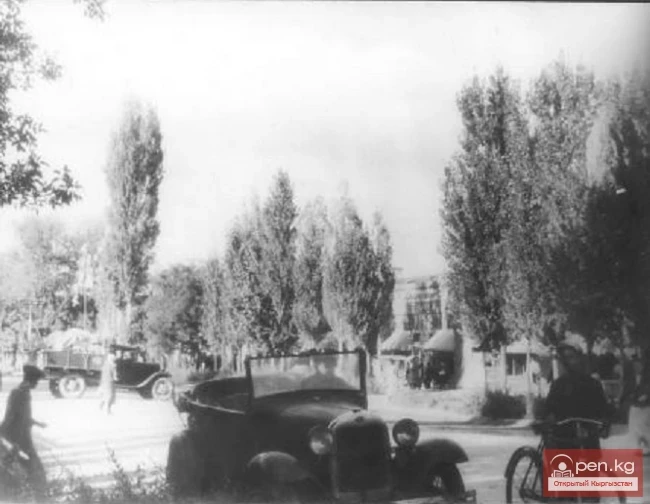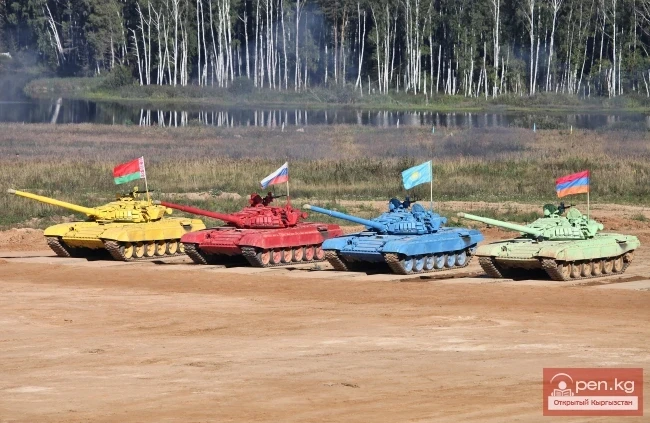“Who is not with us is against us”
The traditional way of life of the Kyrgyz tribal society began to corrode and disintegrate since Kyrgyzstan joined Russia. One of the most educated people of his time, A. Sydykov, wrote that colonization and the strengthening of Russian influence “dealt a significant blow to tribal life, undermined the previous moral foundations on which the social and family life of the Kyrgyz rested.” In these words (and in his other works), one can sense the regret of a former nomad over the loss of patriarchal values. However, he was not alone in this thought. The sadness over the departing and idealized tribal life in the eyes of the Kyrgyz permeated the works of akyns of the zamanist movement, other social and political figures of that time, scholars, and writers—Arstanbek, Moldokylych, Kalygula, I. Arabayev, K. Tynystanov, Yu. Abdrakhmanov... This is far from a complete list of historical figures accused of “mourning the past,” which for Bolshevik ideology was akin to counter-revolution. The mechanical extrapolation of Marxist categories onto Kyrgyz reality instantly constructed a scheme—if they mourn the past, then they are advocating for the restoration of the power of the bai and manap, wanting to overthrow Soviet power. Even in this, the presence of class struggle in Kyrgyz society was perceived. This is a clear example of how Bolshevism forced reality to fit its theory.
However, if we consider this problem from a psychological perspective, a completely different picture emerges, which can be easily explained by the characteristics of traditional consciousness. Educated representatives of the privileged Kyrgyz estates found themselves caught between two fires—between the past and the future. All of them came from tribal backgrounds and were raised in a traditional spirit. The tribal worldview was associated with a happy childhood, when everything seemed harmonious and just, something that was impossible to forget. Their roots were in the past, and when they had to finish Russian schools and gymnasiums, study at universities in the country, or serve in the colonial administration, they experienced a turning point in their consciousness. This turning point was linked to their education in European institutions, where the tribal structure was presented to Kyrgyz students as a sign of backwardness, provincialism, and poverty.
European values gradually began to displace traditional values. Among educated Kyrgyz, a ferment began, a desire to change the lives of the Kyrgyz for the better, to make it more dynamic and interesting. However, unlike the Bolsheviks, for whom the end result was important, for the educated representatives of the Kyrgyz people, it was important how the Europeanization of the Kyrgyz would take place. The evolutionary path seemed to them the most preferable and bloodless. They associated the rejection of the traditions of the past and the transition to a new state with the result of accumulating a critical mass in Kyrgyz society capable of innovation.
The Kyrgyz were destined for progress, but the advanced representatives of society envisioned the transition to a new society as a harmonious merging of past and European traditions, so that they would not oppose each other, but coexist peacefully and rationally, as happened in the inner world of the Kyrgyz innovators themselves—European values, adopted by them, in no way hindered them from being themselves, communicating with their people, being aware of their aspirations and needs, and not separating from them. This refers to the phenomenon of “mankurtism,” which is reflected in the works of Ch. Aitmatov. The tragedy of educated Kyrgyz, who lived at the intersection of two eras—the tribal and the Soviet system—was precisely that they did not want to become mankurts, which was subtly captured by the Kyrgyz writer, whose father became a victim of the totalitarian regime precisely because he could not split himself, as the system demanded, which espoused the destructive principle: “Who is not with us is against us.” Therefore, in the internal resistance to innovations and reforms in tribal society, there were more psychological moments than political passions or struggles of opinions and ideological concepts.
Reformism in Kyrgyz Tribal Society
